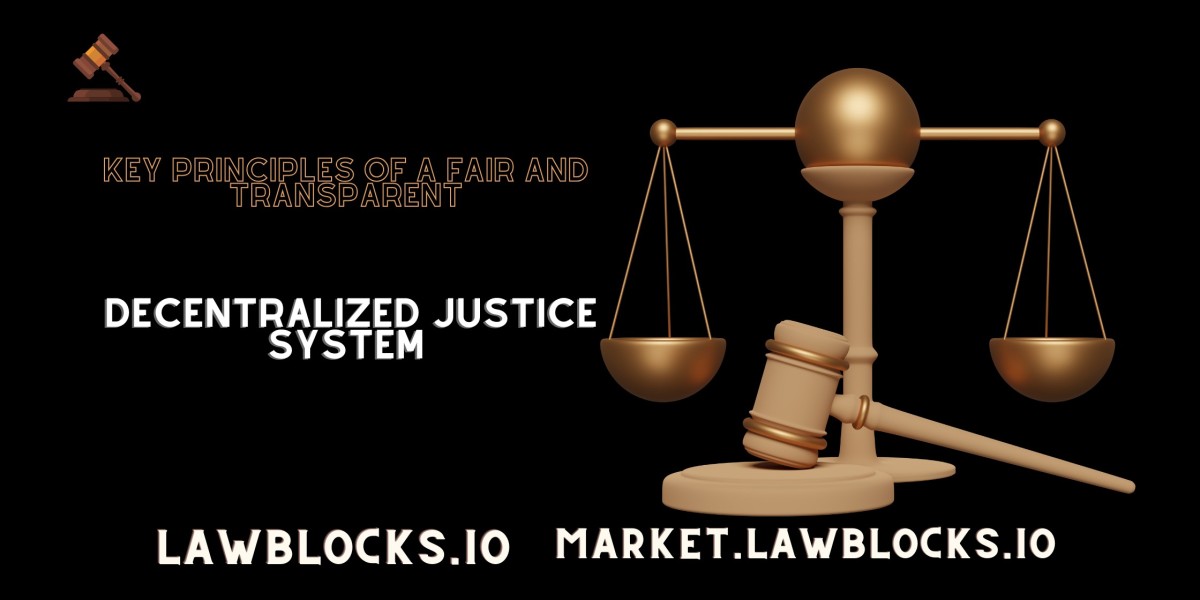Introduction
With its towering courthouses and arcane procedures, the legal system can often feel like a labyrinth. But a revolutionary concept is emerging – decentralized justice systems (DJSs). These systems aim to disrupt the traditional legal landscape, offering a future where transparency, accessibility, and fairness reign supreme. Let's delve into the key principles that underpin a truly just and transparent DJS:
Decentralization
Imagine a legal system where a central authority doesn't dictate the rules. In DJSs, power is distributed across a network, empowering users to participate in dispute resolution. This could involve selecting jurors, voting on outcomes, and regaining control over legal processes.
Transparency
Traditional legal systems can be shrouded in secrecy. DJSs, however, prioritize transparency. Blockchain technology can be used to create an immutable record of all proceedings, accessible to authorized parties. This fosters trust and ensures everyone involved is on the same page.
Accessibility
The high cost and complex procedures of traditional legal systems often make justice inaccessible for many. DJSs aim to change that. By streamlining processes and potentially reducing fees through automation, DJSs aim to create a more inclusive legal system where everyone has a fair shot at resolving disputes.
Smart Contract Enforcement
DJSs leverage the power of smart contracts – self-executing code stored on a blockchain. These contracts can automate dispute resolution based on pre-defined rules, ensuring fairness, efficiency, and reduced room for human error.
Community-Driven Governance
DJSs empower the community to have a say in how the system evolves. Through voting mechanisms and community forums, users can actively participate in shaping the rules, regulations, and procedures that govern dispute resolution.
The Road to a Fairer Future
While DJSs offer immense potential, some challenges need to be addressed:
Scalability
Current blockchain platforms may struggle to handle the high volume of data associated with complex legal cases.
User Adoption
Gaining widespread trust and encouraging user participation in DJSs requires ongoing education and user-friendly interfaces.
Regulatory Landscape
The legal frameworks surrounding DJSs are still evolving, creating uncertainty for some stakeholders.
Building a Brighter Legal Landscape
The success of DJSs hinges on collaborative efforts. Here's how we can move forward:
Investing in Scalable Solutions
Developing scalable blockchain solutions that can handle the demands of a thriving DJS ecosystem is crucial.
Promoting Education and Awareness
Educating users and legal professionals about DJSs and their benefits will be vital for wider adoption.
Open Dialogue with Regulators
Collaborative efforts with policymakers are essential to establish clear and effective frameworks for DJs.
Conclusion
DJs do not replace traditional legal systems, but they offer a compelling alternative. By embracing the principles of decentralization, transparency, accessibility, and community governance, DJs can potentially revolutionize how we resolve disputes. The future of justice is bright, and DJSs are paving the way for a more fair, efficient, and accessible legal system for all. Are you ready to be a part of this legal revolution?








